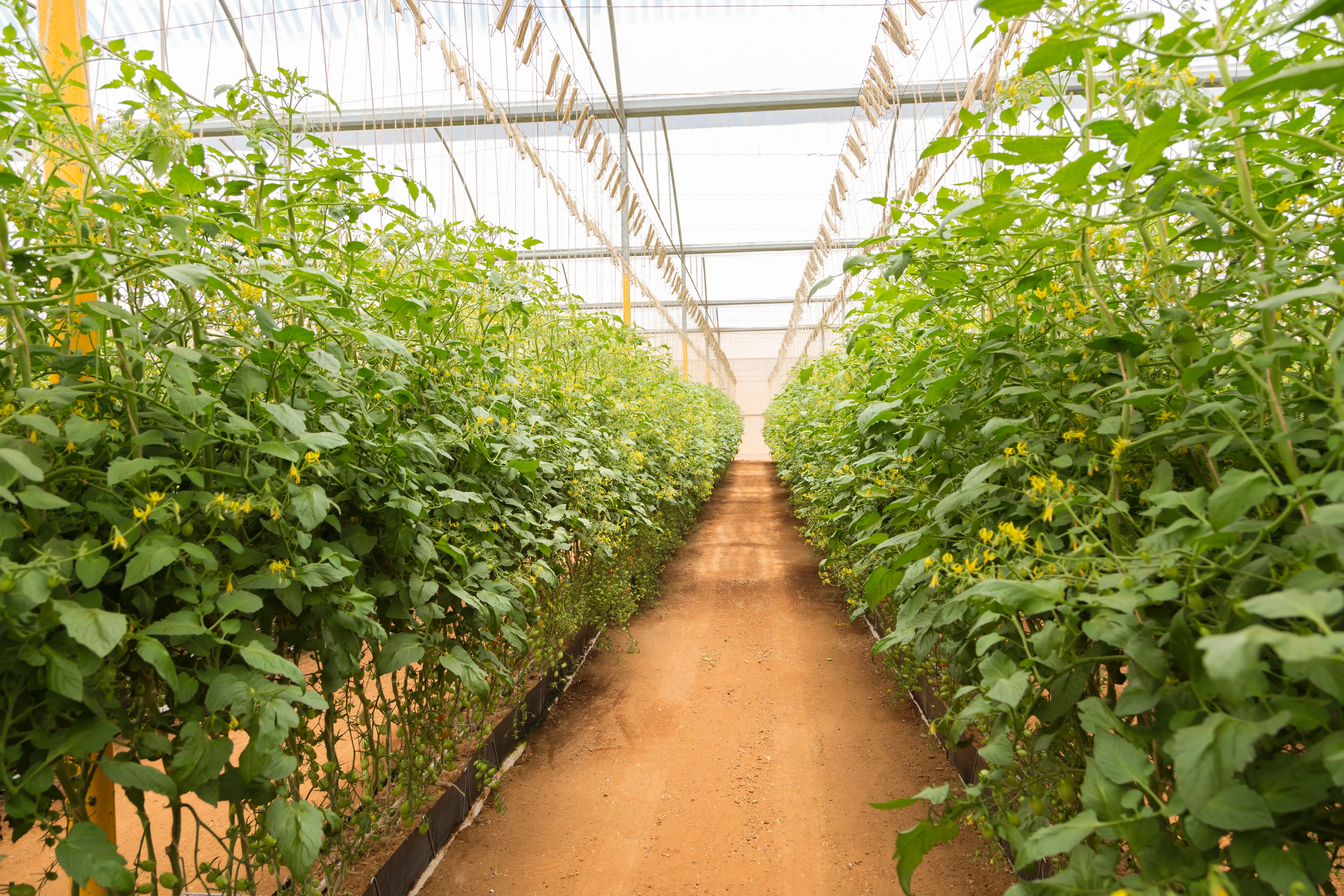The Impact of Crop Rotation on Reducing Carbon Footprint
Discover the power of crop rotation in reducing your farm's carbon footprint with our expert blog post. Ideal for Bangalore's agricultural community, this guide delves into sustainable farming practices that enhance soil health and biodiversity while minimizing environmental impact. Learn how strategic crop rotation can lead to more efficient land use, lower greenhouse gas emissions, and a sustainable future in agriculture. Join Vriksha Farms in adopting eco-friendly techniques for a greener, more productive farming experience.

Introduction
In the pursuit of sustainable agriculture, the practice of crop rotation emerges as a powerful tool in reducing the carbon footprint of farming. Vriksha Farms, with its commitment to sustainable living and responsible agroforestry near Bangalore, Kanakapura Road, and across Karnataka, emphasizes the importance of crop rotation. This blog aims to enlighten those interested in agriculture land investment about the environmental and agricultural benefits of crop rotation, particularly in reducing carbon emissions.
Understanding Crop Rotation
Crop rotation involves alternating the types of crops grown in a particular field across different seasons or years. This time-honored agricultural practice not only diversifies the crops but also plays a critical role in maintaining soil health and reducing the carbon footprint of farming.
How Crop Rotation Reduces Carbon Footprint
- Enhances Soil Organic Matter: Rotating crops, especially with the inclusion of legumes, increases soil organic matter, which captures more carbon from the atmosphere.
- Reduces Need for Synthetic Fertilizers: Crop rotation naturally replenishes soil nutrients, reducing the dependency on chemical fertilizers that contribute to greenhouse gas emissions.
- Improves Soil Structure and Health: Diverse crop roots contribute to better soil structure, promoting carbon sequestration in the soil.
- Pest and Disease Management: Crop rotation disrupts the life cycles of pests and diseases, minimizing the need for chemical pesticides, thereby reducing emissions associated with their production and application.
Benefits Beyond Carbon Reduction
- Sustainable Productivity: Crop rotation leads to healthier soil and more resilient crops, which is essential for sustainable farming near urban hubs like Bangalore.
- Biodiversity Enhancement: Diverse crops support a wider range of beneficial insects and microbes, contributing to overall farm ecosystem health.
- Economic Advantages: Efficient resource utilization and reduced input costs make crop rotation a cost-effective strategy for those investing in agriculture land.
Crop Rotation at Vriksha Farms
At Vriksha Farms, we integrate crop rotation into our managed farmland plots as a key component of our sustainable farming practices. This not only aids in reducing our carbon footprint but also ensures the longevity and productivity of the land, providing a valuable asset for our investors.
Conclusion
Embracing crop rotation is a step forward in the journey towards sustainable agriculture. It not only aids in reducing the carbon footprint of farming but also enhances the overall health and productivity of the land. As we at Vriksha Farms continue to pioneer sustainable farming practices near Bangalore and beyond, we encourage those interested in agriculture land investment to consider the impactful benefits of crop rotation.
